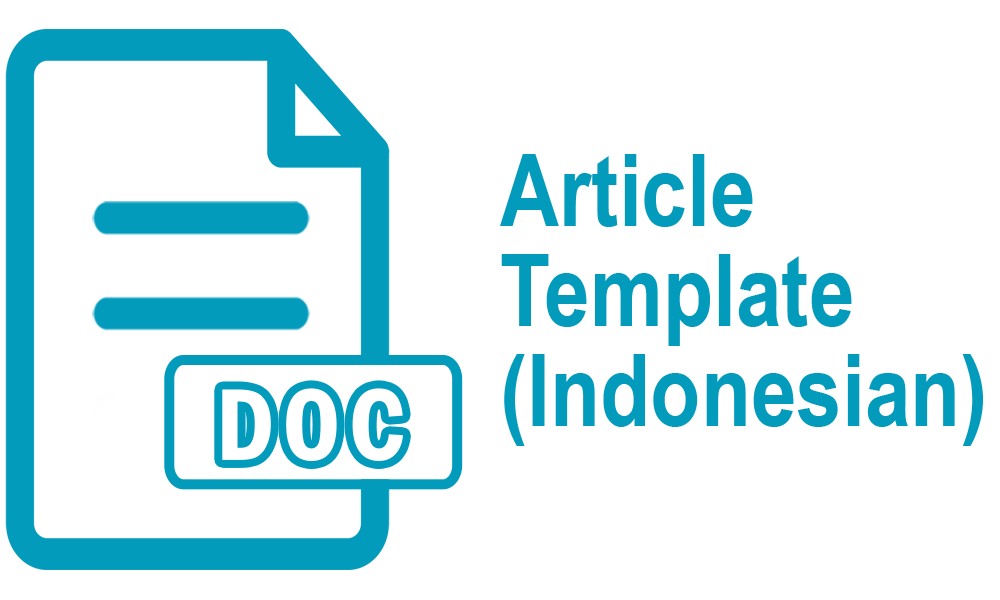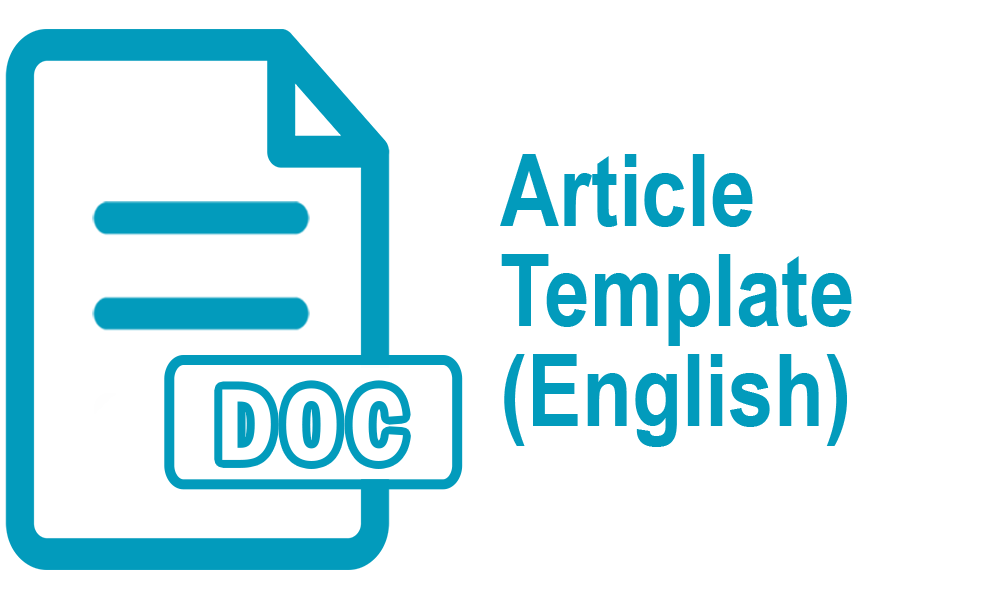SELF-ESTEEM DEVELOPMENT OF LILLIE’S CHARACTER IN THE POKÉMON SUN AND MOON VIDEO GAMES
Abstract
This study was conducted with the purposes to identify the self-esteem of Lillie in the Pokémon Sun and Moon video games as presented in the plot and the motives behind her self-esteem development. This study was based on qualitative research and used psychological approach. Therefore, this study focused on the psychological phenomenon of self-esteem. The data are the dialogues that convey Lillie’s self-esteem and the motives behind her self-esteem development. The data sources are Pokémon Sun and Moon video games and two other sources as data triangulation. The theories of self-esteem by Maslow and Branden were used to analyze the self-esteem of Lillie. The results of this study have shown that Lillie has low self-esteem in the exposition up to the rising action. Shortly after rising action starts, she has developed the high self-esteem. The Lillie’s high self-esteem remains up to the falling action and resolution. The first motive behind her low self-esteem development are the problems between she and her family. Lillie lost her family in the past. Secondly, it relates with her own self alone. She lacks of strength and has an unfavorable idea about Pokémon Trainer and Pokémon battle. These problems thwart her esteem desires and develop her low self-esteem. The motives behind her high self-esteem are related with her problems but resolved. She finds the supports from various characters along her journey. She gains independency and confidence. She fulfills her wish to save Nebby. Her thwarted desires are satisfied and her high self-esteem is developed then.
Keywords
Full Text:
PDFReferences
“Definition of Narrative in US English by Oxford Dictionaries.” Oxford Dictionaries, en.oxforddictionaries.com/definition/us/narrative. Accessed 20 March 2019.
“Definition of Pokémon in US English by Oxford Dictionaries.” Oxford Dictionaries, en.oxforddictionaries.com/definition/us/pokemon. Accessed 3 February 2018.
“IR Information: Financial Data - Top Selling Title Sales Units - Nintendo 3DS Software.” Nintendo Co., Ltd., 31 Dec. 2017, www.nintendo.co.jp/ir/en/finance/software/3ds.html. Accessed February 1, 2018.
“Pokemon games sold over 300 million games worldwide.” WholesGame, 24 Nov. 2017, wholesgame.com/news/pokemon-games-sold-over-300-million-games-worldwide/. Accessed 1 February 2018.
“Pokémon Moon.” Nintendo, www.nintendo.com/games/detail/pokemon-moon-3ds. Accessed January 31 2018.
“Pokémon Sun.” Nintendo, www.nintendo.com/games/detail/pokemon-sun-3ds. Accessed January 31 2018.
“Pokémon Ultra Moon.” Nintendo, www.nintendo.com/games/detail/pokemon--ultra-moon-3ds. Accessed 1 February 2018.
“Pokémon Ultra Sun.” Nintendo, www.nintendo.com/games/detail/pokemon-ultra-sun-3ds. Accessed 1 February 2018.
“Pokémon.” Dictionary.com, www.dictionary.com/browse/pokemon. Accessed 3 February 2018.
“Self-esteem Meaning in the Cambridge English Dictionary.” Cambridge Dictionary, dictionary.cambridge.org/dictionary/english/self-esteem. Accessed 17 September 2018.
Abrams, M.H. A Glossary of Literary Terms. 7th ed., Earl McPeek, 1999.
Amran, et al. “Analisis Kepribadian Tokoh Utama Dalam Novel Berteman Dengan Kematian Catatan Si Gadis Lupus Karya Sinta Ridwan.” Ilmu Budaya (Jurnal Bahasa, Sastra, Seni Dan Budaya)2, vol. 2, no. 3, 2018, pp. 293–300.
Branden, Nathaniel. Honoring the Self: Self-Esteem and Personal Transformation. Bantam, 2004.
Branden, Nathaniel. The Power of Self-Esteem. Deerfield Beach, Fla: Health Communications, 1992.
Crawford, Garry, and Victoria K. Gosling. “More Than a Game: Sports-Themed Video Games and Player Narratives.” Sociology of Sport Journal, vol. 26, no. 1, June 2009, pp. 50-66., doi: 10.1123/ssj.26.1.50.
Denzin, N. K. (2015). “Triangulation.” The Blackwell Encyclopedia of Sociology, G. Ritzer (Ed.). John Wiley & Sons, Ltd., doi:10.1002/9781405165518.wbeost050.pub2
Fludernik, Monika. An Introduction to Narratology. Routledge, 2009.
Griffith, Kelly. Writing Essays About Literature: A Guide and Style Sheet. 8th ed., Wadsworth Publishing, 2010.
Hoepfl, Marie C. “Choosing Qualitative Research: A Primer for Technology Education Researchers.” Journal of Technology Education, vol. 9, no. 1, 1997, pp. 47-63.
Klarer, Mario. An Introduction to Literary Studies. 2nd ed., Routledge, 2004.
Kothari, C. R. Research Methodology: Methods and Techniques. 2nd ed., New Age International (P) Limited, Publishers, 2004.
Maslow, Abraham H. Motivation and Personality. Harper & Brothers, 1954.
Miles, Matthew B., and A. Michael Huberman. Qualitative Data Analysis. Sage, 1994.
Mukherjee, Souvik. Video games as “Minor Literature”: Reading Video game Stories through Paratexts. 2016.
Oktavia, A. V., and Haryati Sulistyorini. Magwitch`s Self Esteem Motive Described in Charles Dickens`s "Great Expectations", 2013, eprints.dinus.ac.id/8243/.
Pokémon Moon. The Pokémon Company and Nintendo, 2016.
Pokemon Sun & Moon “Most Pre-Ordered Game In 5 Years", Call Of Duty Infinite Warfare Underperformed Says Gamestop.” ThisGenGaming, 23 Nov. 2016, thisgengaming.com/2016/11/23/pokemon-sun-moon-most-pre-ordered-game-in-5-years-call-of-duty-infinite-warfare-underpreformed-says-gamestop/. Accessed February 1 2018.
Pokémon Sun. The Pokémon Company and Nintendo, 2016.
The MLA Handbook for Writers of Research Papers. 8th ed., Modern Language Association of America, 2016.
Tyson, Lois. Critical Theory Today: a User-Friendly Guide. 2nd ed., Routledge, 2006.
Wellek, René, and Austin Warren. Theory of literature. Harcourt, Brace and Company, 1956.
DOI: http://dx.doi.org/10.30872/jbssb.v4i2.2746
Refbacks
- There are currently no refbacks.
Copyright (c) 2020 Edo Edryananda, Singgih Daru Kuncara, Indah Sari Lubis
Editorial address:
Fakultas Ilmu Budaya, Universitas Mulawarman
Jl. Ki Hajar Dewantara, Gunung Kelua, Kec. Samarinda Ulu, Kota Samarinda, Kalimantan Timur, Indonesia 75123
Email: jurnalilmubudaya.fibunmul@gmail.com
Website: http://e-journals.unmul.ac.id/index.php/JBSSB
Ilmu Budaya: Jurnal Bahasa, Sastra, Seni, dan Budaya is licensed under a Creative Commons Attribution-ShareAlike 4.0 International License






